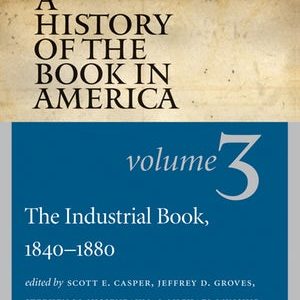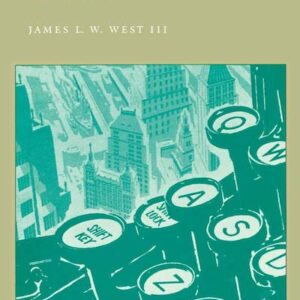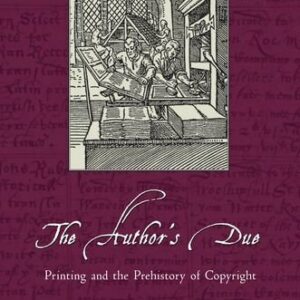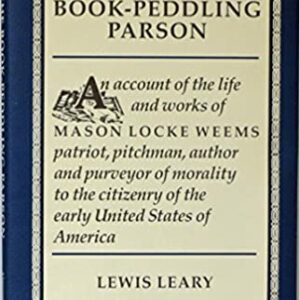
A History of the Book in America. Vol. 3, The Industrial Book, 1840-1880
Edited by Scott E. Casper (NHC Fellow, 2005–06), Jeffrey D. Groves, Stephen W. Nissenbaum, and Michael Winship Volume 3 of A History of the Book in America narrates the emergence of a national book trade in the nineteenth century, as changes in manufacturing, distribution, and publishing conditioned, and were conditioned by, the evolving practices of authors and … Continued





